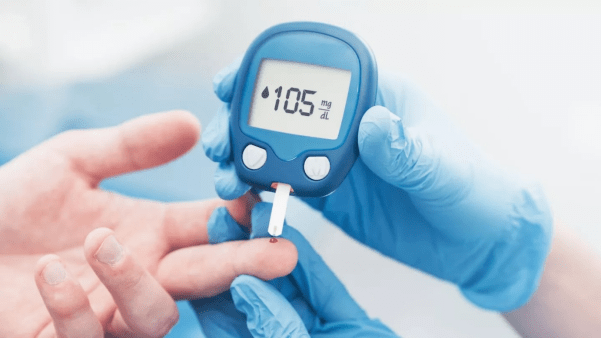
New Diabetes Treatment Shows 700% Increase in Insulin-Producing Cells, Offering Hope for Reversing Disease
Fiona Nanna, ForeMedia News
4 minutes read. Updated 11:0AM GMT Mon, 22July, 2024
A groundbreaking preclinical study has unveiled a promising new treatment that could revolutionize diabetes management. Researchers at Mount Sinai Medical Center and City of Hope in the United States have developed a novel drug combination that significantly boosts insulin-producing cells, offering hope for potentially reversing diabetes.
Revolutionary Study Brings New Hope
This pioneering research, detailed in the prestigious journal Science Translational Medicine, demonstrates a remarkable 700% increase in insulin-producing cells, known as beta cells, over just three months in diabetic mice. This increase effectively reversed the disease in these models.
Dr. Adolfo Garcia-Ocaña, the study’s lead author, highlighted the significance of this breakthrough. “This is the first time a combination treatment has successfully increased human insulin-producing cells in vivo,” Dr. Garcia-Ocaña told Euronews Health. He expressed optimism about the potential of this research to pave the way for regenerative therapies that could benefit the 422 million people worldwide living with diabetes, according to the World Health Organization (WHO).
Understanding the Impact on Diabetes
Beta cells, located in the pancreas, are crucial for insulin production, which regulates blood sugar levels. In individuals with diabetes, the number and functionality of these cells are compromised. This deterioration typically leads to reliance on regular insulin injections for type 1 diabetes or specialized medications for type 2 diabetes.
Traditional research focused on cultivating beta cells in laboratory settings, followed by transplantation into mice or human devices. In contrast, this new study successfully promoted the growth of insulin-producing cells directly within the diabetic mice’s bodies, restoring beta cell function.
Innovative Treatment Approach
The breakthrough treatment involves a combination therapy of harmine, a natural compound from specific plants, and GLP1 receptor agonists, such as Ozempic, which are commonly used to treat type 2 diabetes. Human beta cells were implanted into mice with compromised immune systems, creating a model for studying both types of diabetes. The combination therapy rapidly reversed diabetes in these mice.
Phase 1 clinical trials are currently underway at Mount Sinai in New York to assess the safety of harmine in humans. The research team remains hopeful that this study will advance the development of a new treatment approach for diabetes.
“If we can expand endogenous beta cells safely, it will be a significant advancement in diabetes treatment,” Dr. Garcia-Ocaña said. This innovative approach could represent a crucial step forward in addressing one of the most pressing health challenges facing millions globally.

